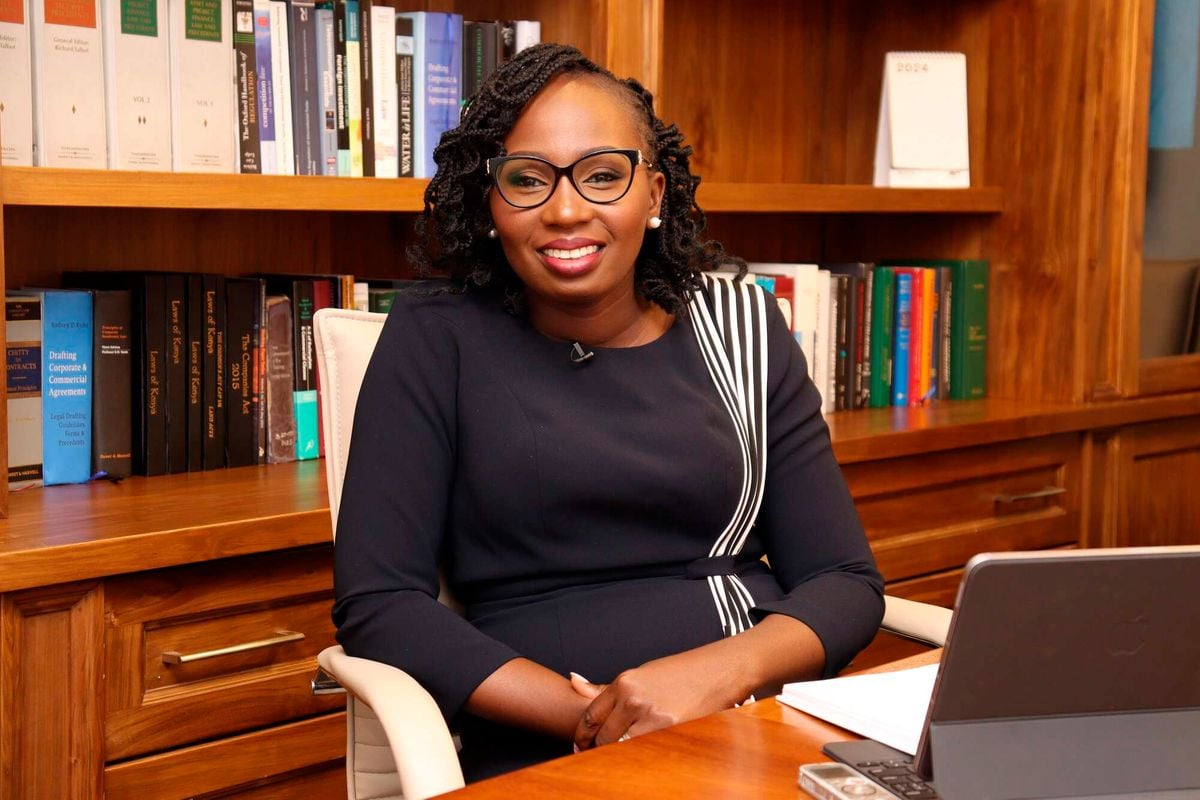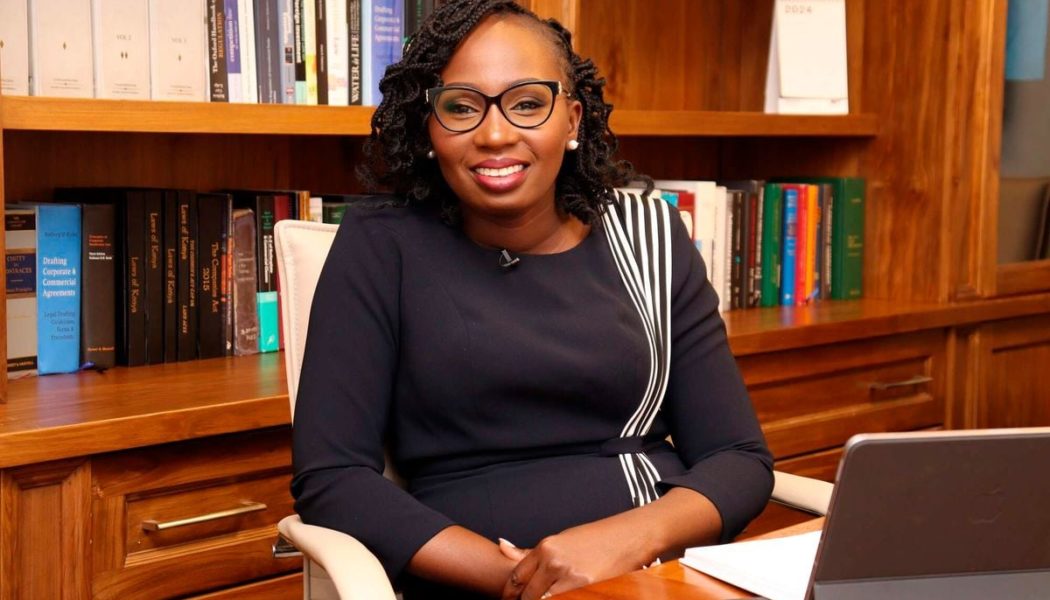
I have faith in Faith (pun intended) Odhiambo, the new President of the Law Society of Kenya (LSK). I rate her as an independent-minded, public-spirited individual on a mission not only to restore the standing and reputation of the lawyer’s body but also as a person focused and championing broader public causes.
When President William Ruto chose her as a member of the task force on auditing public debt, my reaction and prediction were that this was an appointment that was bound to end up with unintended consequences for the appointing authority.
My mind went back to the saga that unfolded several years ago when former President Mwai Kibaki appointed John Githongo, who had been the CEO of Transparency International, as PS in charge of governance. It ended up with unintended consequences for Kibaki.
It was Mr Githongo who dug deep into the public debt register and unearthed several dodgy debts in what became known as the Anglo Leasing Scandal.
The circumstances forced Kibaki to kick out loyal allies from office, including Cabinet ministers and permanent secretaries.
Our public debt is riddled with secretive and dodgy contracts. I think that only high-profile civil society players like Mr Githongo—outsiders enjoying the backing and mandate of entities as influential as the lawyer’s body, have what it takes to do a credible job of digging up the dirt within the public debt register.
I hope that once the legal matter in court is settled, Ms Odhiambo and the LSK will come back and occupy the centre stage and demand the following: First, the tenure of the task force should be increased from three to 12 months. It is impossible to do a credible and impactful job in three months unless all that the President wants is for the task force to rubber-stamp shallow work done elsewhere.
Secondly, expand the membership of the task force to bring in debt transaction lawyers and internationally certified anti-money laundering experts.
Thirdly, an adequate budget with significant provisions for travel to places like London and New York, where a good number of the fringe banks that claim to have lent us money are domiciled.
We must thank the Zoom generation for forcing President Ruto’s hand into creating the task force on public debt. Corrupt elites in Africa will not allow outsiders and civil society anywhere near the dodgy commercial contracts.
I still remember how former President Daniel arap Moi—under pressure from the International Monetary Fund (IMF)—was in 2000 forced to engage Lazard Brothers of France to audit the public debt registrar and to organise for us an informal London Club forum to negotiate our commercial debts. The corrupt elites of the Moi regime flatly refused to provide the contracts to the French consultants, citing state security grounds.
In November 2021, the Senate ordered the Auditor-General to conduct a special audit on our commercial debts. In her report of 2023 on page 8, the auditor lamented that the Treasury had refused to give her the loan contracts for the corruption-ridden Kimwarer, Arror and Itare dams. I belabour the point.
But the fact that a constitutionally empowered office such as that of the Auditor-General can be denied access to loan contracts, should tell you that President Ruto has only grudgingly allowed access to Pandora’s box. In my view, the correct tactical position for civil society at this stage should be to call President Ruto, grab the historical moment we are at right now, dive into the deep, dark hole, and shine the light in there.
I agree with the position that the job belongs to the Auditor-General. But we must not forget that the office has conducted several audits with little impact. As accountants will tell you, it is impossible to conduct a satisfactory audit in an environment where you neither have proper books of accounts nor a credit ledger prepared based on accrual accounting.
Our debt records are kept on a simple Excel sheet known as the external debt register.
What should be the end game? To achieve what was achieved in both Malaysia and Mozambique. An audit investigation of all debt contracts since 2012 with a view to lodging criminal investigations in New York, London, and Ireland. In Mozambique, Credit Suisse was forced to repay the Tuna Bond scandal money. The Malaysians also recovered billions from the greedy European banks in the 1MD scandal.
And based on the evidence from the audit, we should hold those greedy and crafty European creditors to UNCTAD’s principle of responsible lending. The low-hanging fruit are the Kimwarer, Arror, and Itare dams. According to the Auditor-General, Sh40 billion (305 million euros) was disbursed to us from this facility.
The basic question we should ask ourselves repeatedly is this: Where are the dams? How have the loans benefited the ordinary Kenyan?









